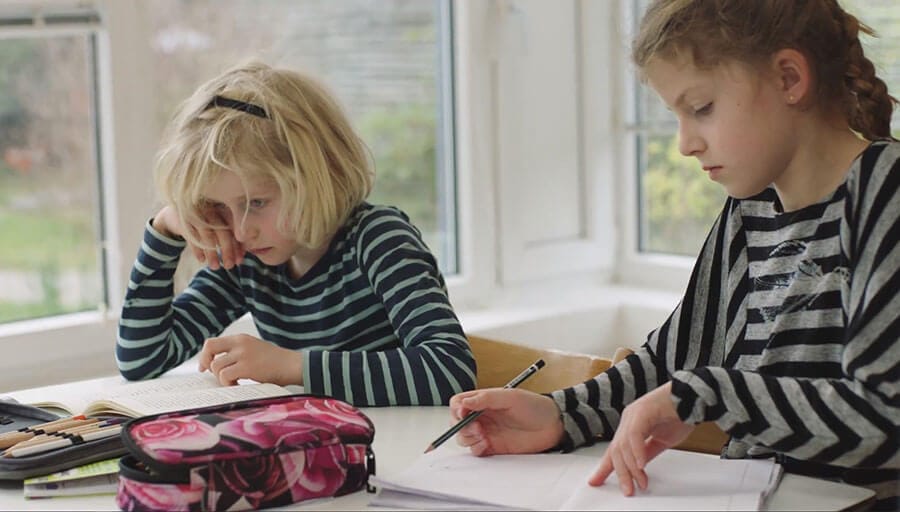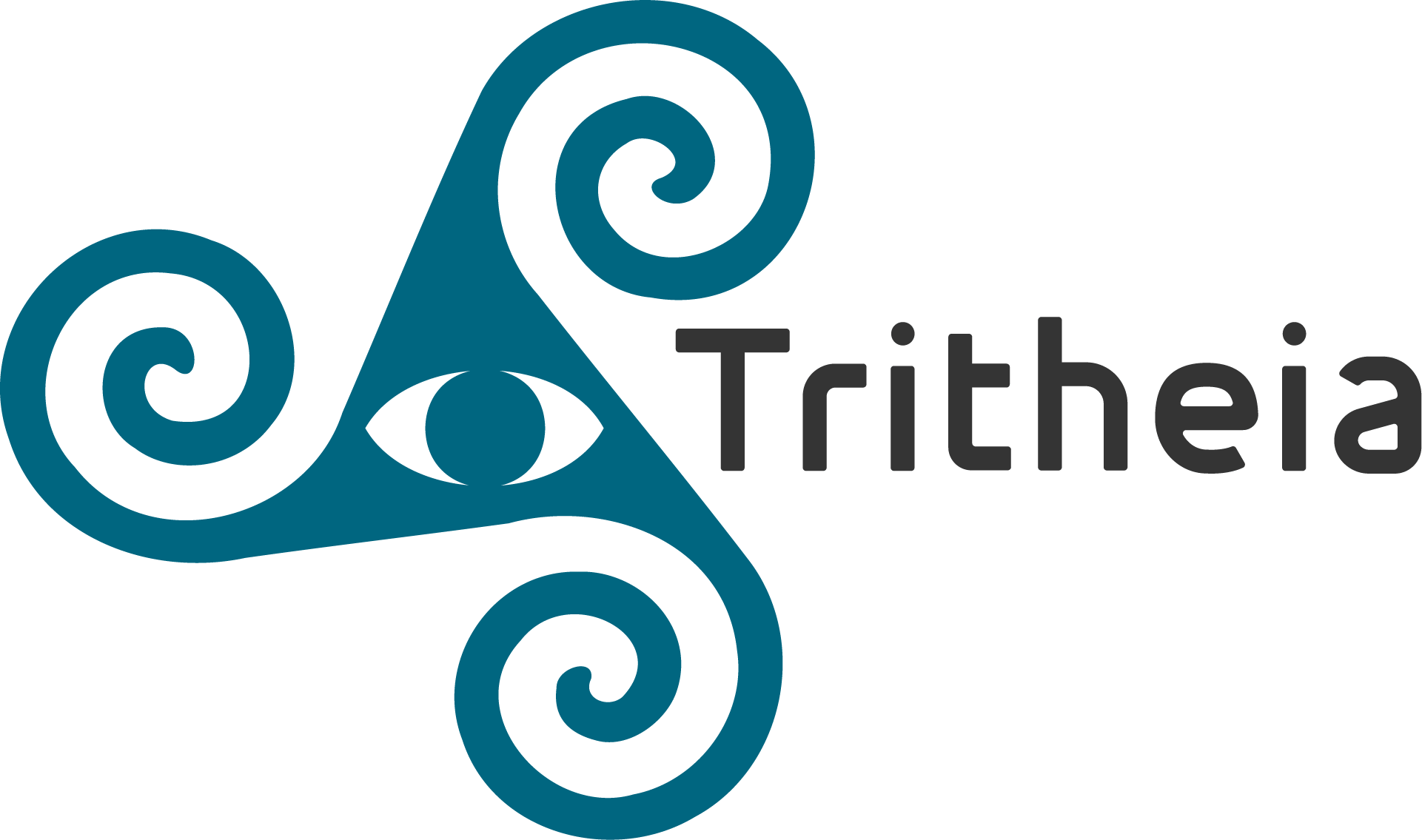Signs to Watch For
There are several areas in which children with non-verbal learning disorder may struggle. Through knowing what areas these are, you will have a better chance of noticing there is a problem early.
Difficulty with visual and spatial awareness
Children with non-verbal learning disorder often struggle with understanding visual imagery. As an example, if they are asked to copy a specific shape, they will instead draw a distorted figure. This is because they can’t perceive the shape, the forms it is made up of, and the relationships between them.
They also struggle at evaluating visual-spatial information, and have a hard time comprehending the relationship between objects they see and their locations.
Trouble with math concepts
While children with non-verbal learning disorder can be good at rote learning, and can do well in math by relying on memorization, they are likely to struggle while trying to solve more advanced problems which require understanding concepts and patterns.
Social cues
Children with non-verbal learning disorder often have trouble reading emotions in those around them, and in picking up facial cues and other body language. This makes it a challenge for them to properly engage in social interactions. With less understanding of social cues, they are prone to inappropriate behavior in social settings. Some have theorized that an overuse of technology, specifically things like communicating via non-verbal methods like texts and online chats, can lead to or exacerbate this problem.
Higher order comprehension
Higher order comprehension is one’s ability to identify a main idea, details which support it, and how they relate to each other. This skill is vital to reading comprehension, and the ability to tell a story well (both verbally and through writing). People who struggle with this will have a harder time taking notes in class: they may try to write down nearly everything the teacher says, since they can’t determine what is important, or write down nothing at all, or just superfluous information, since they can’t figure out what is important enough to write.
Executive functions
Executive functions are a group of skills people use to organize their thinking, to plan and carry out actions, and to solve problems. Children with non-verbal learning disorder tend to struggle with organizing and planning. They won't know how to break down large projects into smaller steps, or understand exactly what they need to do to accomplish the goals of their projects.





















